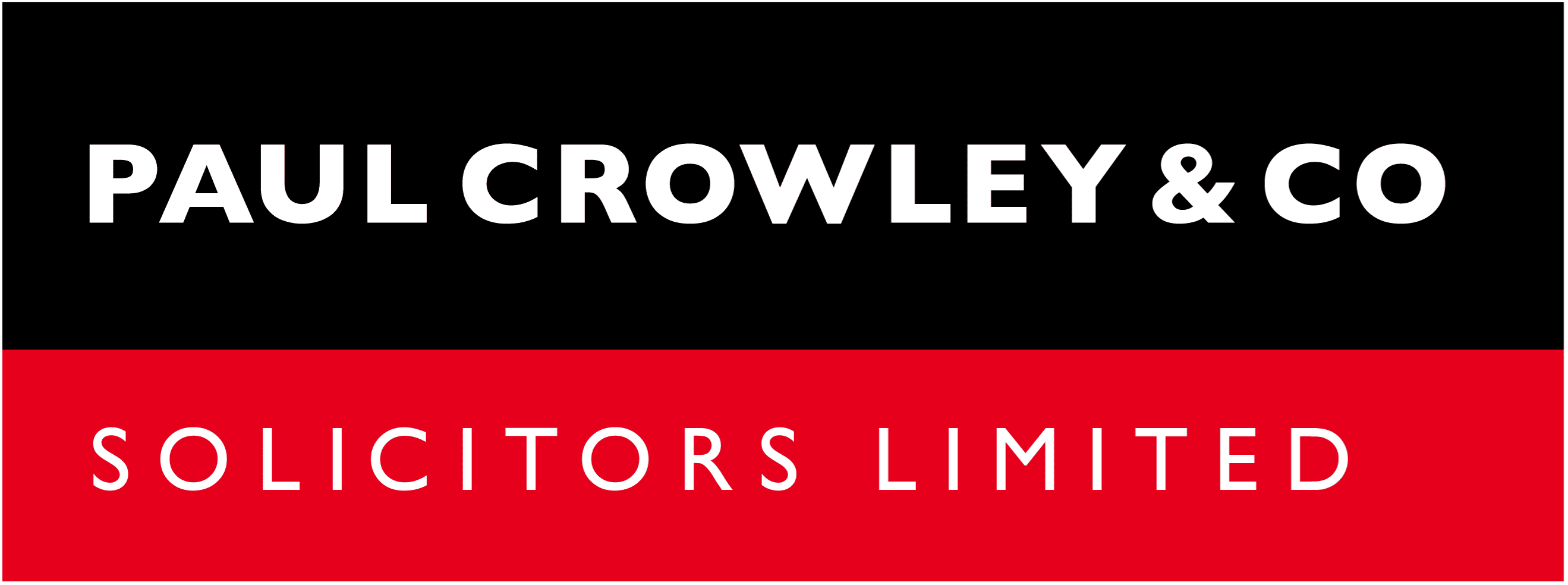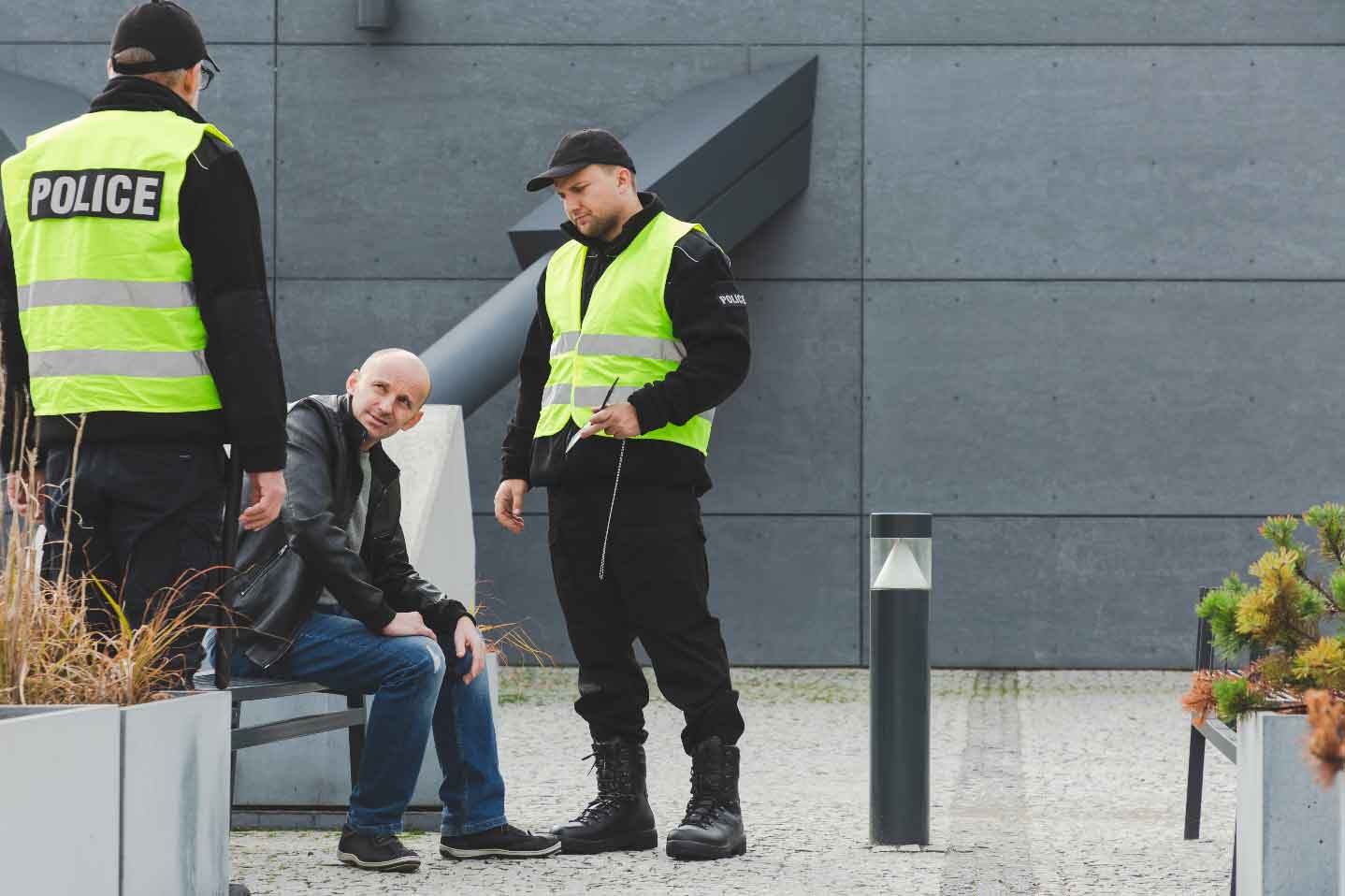If you are to be interviewed under caution by the Police, before making a decision to accept or refuse the caution it is important that you seek expert legal advice from Paul Crowley & Co solicitors.
Our dedicated expert criminal law team will provide you with initial free legal advice so that you are aware of the potential consequences of accepting or refusing a caution.
Call us right away on 01512646588 if you are to be interviewed under caution.
What is a police caution?
A caution is a formal notice given to you when you admit to an offence. There are two types of caution the police might offer you:
1. Simple: The police will issue a simple caution where there is enough evidence that the police think there would be a possibility of conviction if there were a court case. You must also have admitted to the offence and agree to accept the caution.
2. Conditional: Introduced by the Criminal Justice Act 2003, conditional cautions are the same as simple cautions except have additional conditions attached, which, if you don’t follow, will result in you being charged with the offence and being required to go to court. The conditions will be set after consulting police, the Crown Prosecution Service and in certain cases the victim. They could include conditions designed to right the wrong committed such as repairing damage to a property, or those designed to rehabilitate such going to treatment for drug abuse.
Emma says: “If you have been invited to attend a Police interview under caution, it is important that you seek specialist legal advice from Paul Crowley & Co. Our experienced legal team will advise you on the best course of action before you accept or refuse the caution. Call our friendly team of experts at Paul Crowley & Co and we will provide you with initial free expert legal advice to guide you through your concerns”
Emma Smith, Director
Paul Crowley & Co solicitors
What is the police caution wording?
The wording of a Police caution is:
“You do not have to say anything. But, it may harm your defence if you do not mention when questioned something which you later rely on in court. Anything you do say may be given in evidence”.
Our expert lawyers at Paul Crowley & Co will be able to advise you as anything you say to the police will be recorded and used in evidence against you.
When are police cautions given?
Cautions will only be offered to you by the police where the offence is very minor or if you are a first-time offender. If you already have a caution and are accused of another offence, it is unlikely you will be offered another unless the offences are very minor and unrelated to each other.
How do you know if you have a police caution?
If you are unsure of whether you have any police cautions in the UK you can apply for a copy of your police records through a process called a Subject Access Request (SAR).
For expert legal advice…
For expert legal advice regarding a Police related matter, please call Paul Crowley & Co on 01512646588 and a member of our specialist legal team will be happy to assist.
What does accepting a police caution mean for you?
Yes it does. Once you accept a caution it will be recorded against you on the police national computer (PNC) so you will have a criminal record.
Cautions are automatically spent under the Rehabilitation of Offenders Act (ROA) so disclosure will never be required for the purposes of insurance.
Cautions don’t show up on basic Disclosure and Barring Service (DBS) checks so if you apply for a job covered by the ROA you won’t need to disclose your caution. If you are asked in a job interview whether you have any criminal convictions, you can answer no because a caution is not a conviction.
If you apply for a job that requires a standard or enhanced DBS check (such as teaching or police work) then your caution will be disclosed on these checks unless it is eligible for filtering. An offence eligible for filtering means although it won’t expire from your record it won’t show up even on enhanced checks. For a full list of eligible offences see the gov.uk website.
If you are subsequently involved in another case the court will be made aware of your previous caution and it could even be used as evidence of bad character.
Cautions can affect your ability to get a visa depending on the type of visa you apply for and the offence the caution was issued for.
What does not accepting a police caution mean for you?
If the police have sufficient evidence and you refuse the caution offered to you, the police will likely charge you with the offence and you will be required to attend court to make a plea. You might be found not guilty and be left with a clean record, but if you are found guilty, a criminal conviction is much more serious than a caution.
If you have a criminal conviction on your record, it will show up even on basic DBS checks and you would be required to disclose your unspent convictions when asked by potential employers. The conviction will also more severely interfere with your ability to study, travel and purchase insurance.
How long does a police caution stay on your record?
Police cautions are disclosed on standard and enhanced DBS checks for 6 years after they are issued, but they can appear on your record for longer than that because the police have the discretion to disclose cautions, even after this time period if they feel it is relevant to the job you’re applying for.
For expert legal advice…
If you require legal representation at a police station ask to speak with Paul Crowley & Co on 01512646588 and a member of our specialist legal team will be there to advise you within 45 minutes of receiving your call.
How to get a police caution removed
A police caution can only be removed if there is a particularly compelling reason put forward to police that it shouldn’t remain on the PNC. If the police don’t accept this, you can possibly challenge this decision by judicial review in an Administrative Court.
Should I accept my police caution?
If you are already employed, find out what your contract or company says about disclosure of cautions and whether they regularly check their employee’s criminal records. If you are planning on applying somewhere where they are likely to carry out a standard or enhanced DBS check, then consider whether the caution is related to that employment and whether it could prevent you being hired. You would also want to know, whether that offence is eligible to be filtered after a certain amount of time or whether it is permanently on your record.
Paul Crowley & Co…
Here when you need us most
Before making a decision to accept a caution, you should seek expert legal advice from Paul Crowley & Co. If you are at a police station ask to speak with Paul Crowley & Co solicitors on 01512646588 and a member of our legal team will attend and provide you with legal assistance within 45 minutes of receiving your call.
Follow us on social media
Keep up-to-date with Paul Crowley & Co by following us on social media! Tweet us or message us on Facebook:




